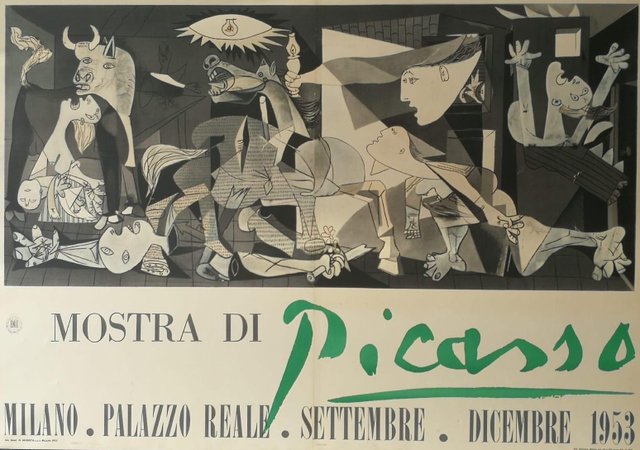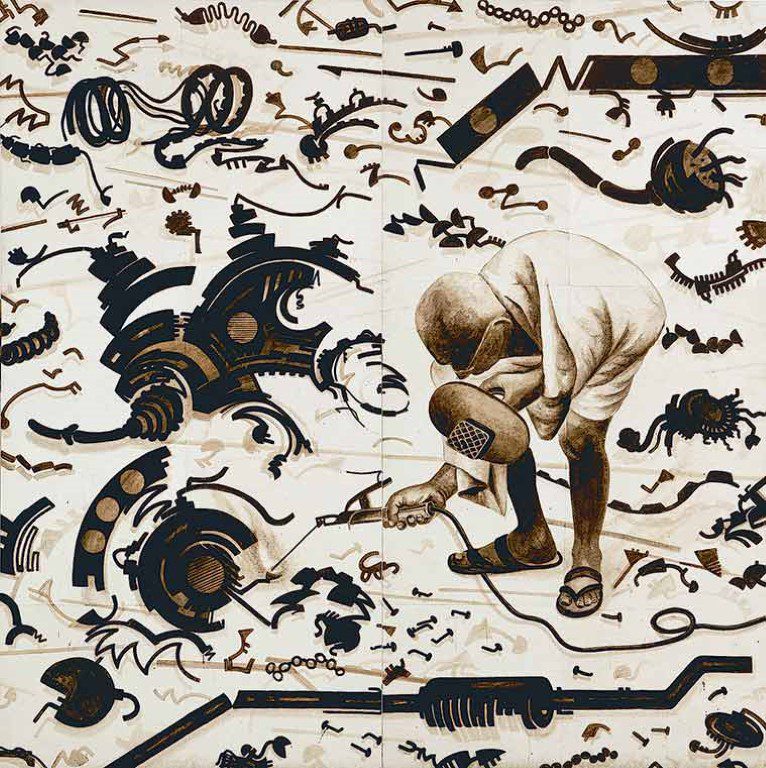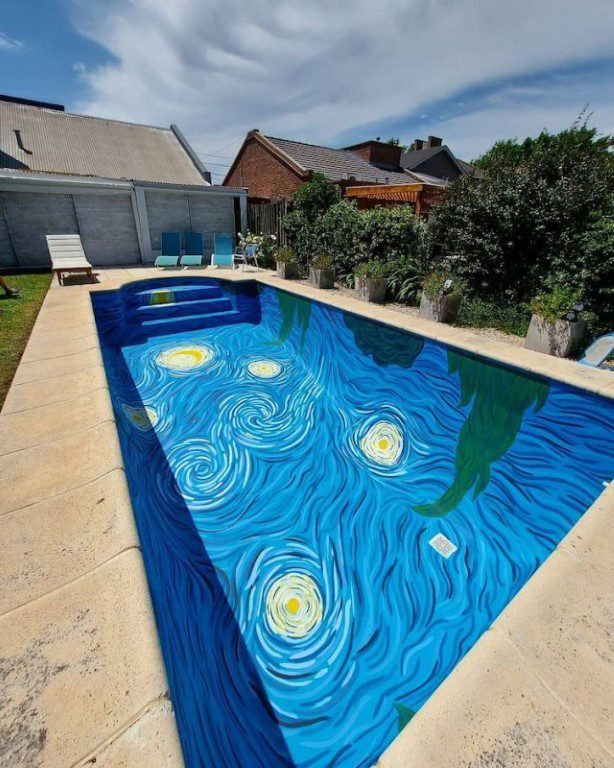One might be forgiven for feeling a sense of saturation with Pablo Picasso’s ubiquitous presence in the art world. The 50th anniversary of the artist’s death saw a deluge of exhibitions and gallery shows worldwide, prompting critics to question the value of such extensive retrospectives.
The Critique: Unraveling Picasso’s Appeal
Critics, including The Guardian, painted Picasso’s legacy as that of a picaresque figure leaving a trail of destruction, emphasising abandonments, betrayals, and suicides. ARTnews, in a scathing review, declared that the glut of exhibitions in 2023 taught us “absolutely nothing” about the artist.
Gagosian’s Unique Perspective: “A Foreigner Called Picasso”
In stark contrast to the Picasso-mania, Gagosian presents an unconventional exhibition titled “A Foreigner Called Picasso.” Curated by Annie Cohen-Solal and Vérane Tasseau, this show takes an unusual angle by exploring Picasso’s life as an immigrant in France, a country grappling with xenophobia.
Picasso’s Immigrant Experience
The exhibition delves into Picasso’s early years in Paris, where he, like many Spanish immigrants, faced surveillance and suspicion. The artist’s relationship with art dealer Pierre Mañach attracted police scrutiny, revealing a France riddled with distrust for a foreigner embracing the avant-garde.
Unveiling Picasso’s Political Strategy
Cohen-Solal, armed with access to Picasso’s police file, sheds light on the artist’s genius not only as a creative force but also as a political strategist. Picasso, in navigating a system working against him, emerges as a figure who gave himself agency in a culture and country that often rejected him.
Contextualising Picasso in Xenophobic Times
The exhibition contextualises Picasso’s life within the waves of xenophobia in France during his time. Against the backdrop of political assassinations and the Dreyfus Affair, Cohen-Solal aims to view Picasso through the lens of anti-foreigner sentiment, prioritising his life over his art.
Picasso’s Artistic Evolution Amidst World War I
Examining Picasso’s life between 1919 and 1939, the show highlights his development as a ‘persona non grata.’ Labeled a ‘foreigner’ in France, a ‘degenerate’ artist in Nazi Germany, and an ‘enemy’ under Franco’s Spain, this period encapsulates Picasso’s mastery across Classic, Cubist, and Surrealist styles.
Beyond Art History: Picasso as a Subject
Cohen-Solal challenges the conventional view of Picasso, urging a multidisciplinary approach. She seeks to open Picasso as a subject to social scientists, anthropologists, and economists, emphasising the need to let his life breathe for a comprehensive understanding.
Gagosian’s Approach: Life Over Art
Gagosian director Michael Cary describes the exhibition as more focused on Picasso’s life and his ability to navigate a challenging system than on his artistic work. The unconventional display requires visitors to piece together the narrative without conventional contextual information.
A Picasso Renaissance: Endless Discoveries
Despite the apparent fatigue surrounding Picasso, Cecile Debray, president of the Picasso Museum in Paris, sees Gagosian’s show as one of the many new approaches to Picasso’s work. She emphasises the importance of varied perspectives, historical aspects, and ongoing discoveries in unraveling the complexity of Picasso’s legacy.
Conclusion: Picasso’s Unending Mystique
In the ever-evolving discourse on Picasso, one thing remains clear—there is always something new to discover about this enigmatic artist. Whether delving into historical aspects, exploring diverse perspectives, or challenging conventional readings, Picasso’s legacy continues to captivate and surprise.
Feature Image: Vintage Poster of Pablo Picasso Exhibition Milan, Palazzo Reale, 1953 | Courtesy: Pamono International





